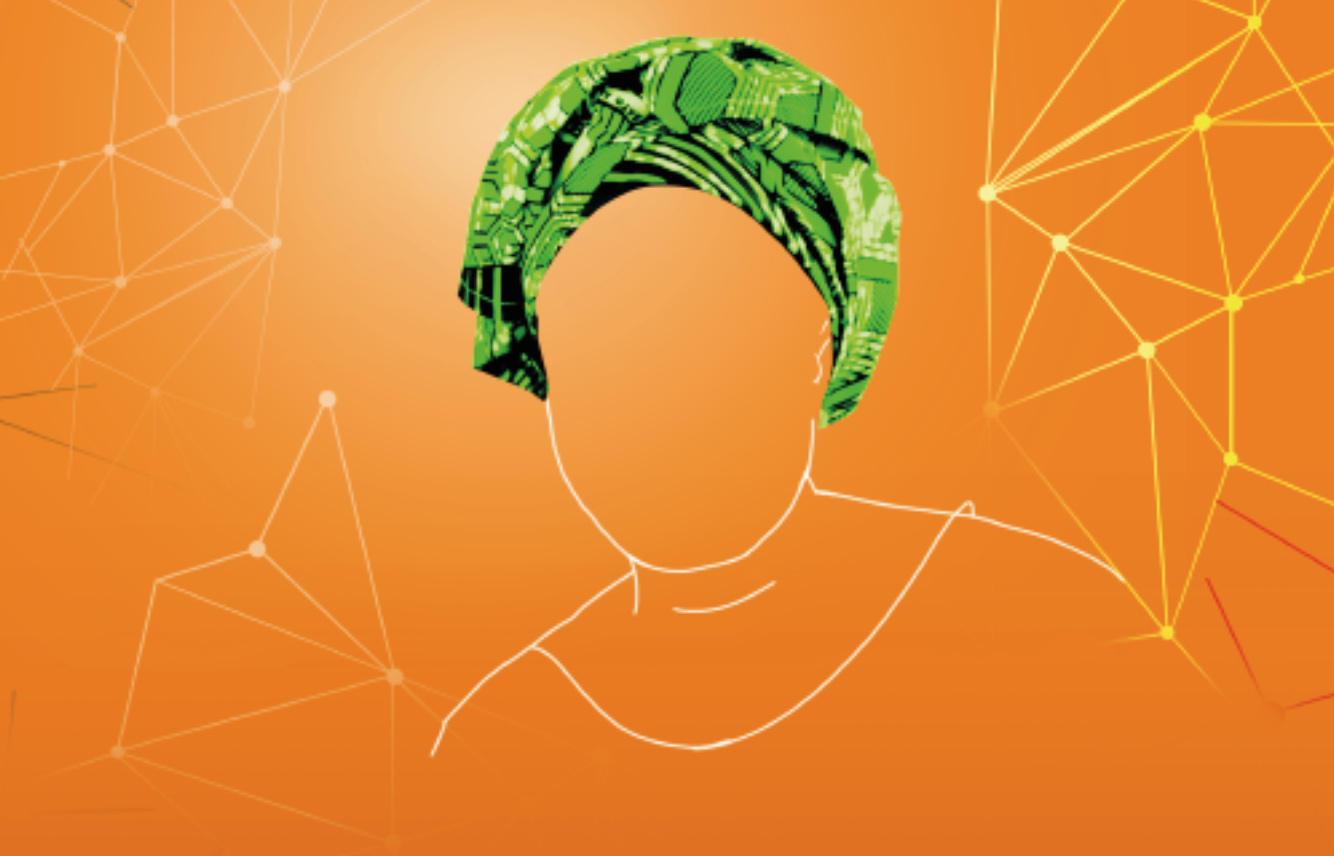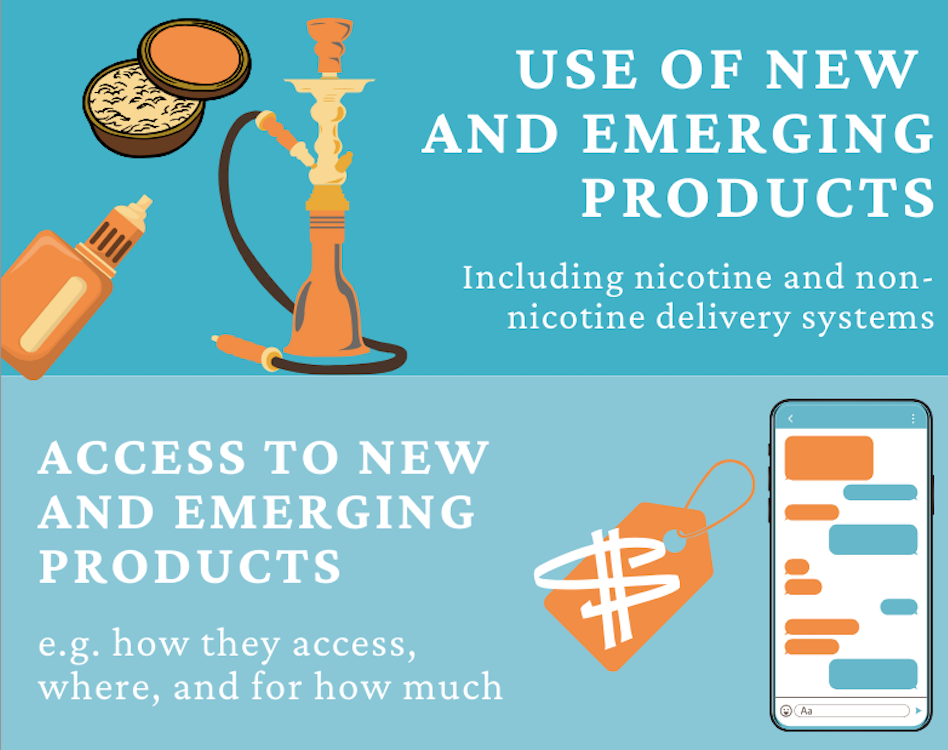Reflections on the Des Chiffres et Des Jeunes (DCDJ) Program: Women in the Data Ecosystem
This post was written by Kady Touré, Communications Manager of the Des Chiffres et Des Jeunes (DCDJ) project, and was originally posted on the DCDJ blog. The original post can be accessed here. Ce blog est également disponible en francais ci-dessous.

As Women’s History Month came to a close last week, DG has been able to both act on and reflect on opportunities to take steps towards reduced gender inequality. Although we’ve seen progress in recent years towards improving women’s access to high-responsibility positions and decision-making systems, we know that much work remains to be done.
According to UN Women in January 2017, only 18.3% of government ministers are women. Further, in October 2017, only 11 women globally were heads of state.
While rebalancing this statistic will take time, Des Chiffres et Des Jeunes (DCDJ), a project led by Development Gateway and funded by the Data Collaborative for Local Impact (DCLI), is trying to empower more through data use, a skillset that is likely to make them into stronger evidence-based leaders. DCLI is a program designed and managed by MCC and funded by PEPFAR in order to increase the use of data by individuals, organizations and communities to help end HIV/AIDS and improves lives in Sub Saharan Africa.
Over eight weeks, the DCDJ Fellowship Program trains young people in data science. Fellows receive scholarships during the training, an accreditation and graduation certificate, and leave the program ready to apply their learnings to further data science and data use for decision making. Upon graduating, technical fellows are placed in 7-month full time internships key to DCLI objectives, using lessons learned to improve data quality within their organizations. Fellows are currently about 30% women, and DCDJ ambassadors are looking to add more women to each upcoming cohort.
Flore, 24, is a successful Technical Fellow graduate in DCDJ’s first cohort. Of her experience with DCDJ, Flore said,
“I hold a degree in mathematics and application, and I am passionate about data science. This is what motivated my candidacy for the DCDJ project. And at the end of the program, I would like to continue to bring my knowledge for the improvement of the data ecosystem in Côte d’Ivoire.”
While the digital revolution offers clear opportunities for women trained to use digital technologies, it also presents new challenges for less educated and illiterate populations. DCDJ is working with priority stakeholders in six subnational focus areas (Man, Daloa, Boake, San Pedro, and two neighborhoods in Abidjan) to assess how current data ecosystems do – or do not – meet community needs. We aim to increase data access for young women in these areas – and reinforce that data is useful to everyone in the community. Data should be understood as information that can help community leaders, women, and youth connect with one another and ease processes. Our subnational work takes an inclusive approach to data collaboration.
Whether in education, health and preventing HIV/AIDS, or economic growth, facilitating women’s access to data for better decision-making drives progress towards gender equality and sustainable development. Through DCDJ, we are continuing to address challenges in promoting women’s leadership and encouraging women’s participation in high-impact decision-making processes.
_________________________________________
Une meilleure utilisation des données pour un Leadership Féminin
Ce 8 mars 2019 au niveau mondial, les femmes, leurs droits, leur situation professionnelle et sociale sont à nouveau sous le coup des projecteurs.
La Journée internationale des Femmes ou Journée Internationale des droits des Femmes est avant tout l’occasion de marquer un pas de plus dans la lutte pour les droits des femmes et pour la réduction des inégalités par rapport aux hommes.
Bien qu’il y ait de nombreuses avancées en la matière, il reste encore beaucoup à faire quant à l’accès des femmes aux plus hautes responsabilités et aux fonctions de prise de décision.
En janvier 2017, seuls 18,3 % des ministres de gouvernement étaient des femmes selon ONU Femmes, et en octobre 2017, uniquement 11 femmes étaient des chefs d’État.
Face à ce constat, le Data Collaborative for Local Impact (DCLI) vient apporter des réponses et des solutions grâce au programme Des chiffres et des Jeunes.
Ce programme a en effet pour mission d’accroître l’expertise et les ressources disponibles en Côte d’Ivoire afin de permettre l’utilisation des données ouvertes pour une meilleure prise de décisions. Et là, la question du genre est primordiale. C’est pourquoi, dans le cadre du recrutement de ses Fellows qui compte environ 30% de femmes, Des chiffres et des Jeunes ambitionne d’intégrer de plus de plus de femmes à ses cohortes d’étudiants, en témoigne Flore 24 ans, Fellow Technique au féminin de la 1ère cohorte : « Titulaire d’une Licence en Mathématique et Application, je suis passionnée par les sciences des données. C’est ce qui a motivé ma candidature au projet DCDJ. Et à l’issue du programme, j’aimerais continuer à apporter mes connaissances pour l’amélioration de l’écosystème des données en Côte d’Ivoire ».
Si la révolution numérique offre de nouvelles opportunités aux femmes qui sont formées pour utiliser les nouvelles technologies, elle présente cependant de nouveaux défis pour les populations analphabètes.
Au niveau infranational également, cette ambition se poursuit auprès des jeunes femmes illettrées ou en zone rurale. Car, leur donner accès aux données c’est leur offrir les capacités de prises de décisions individuelles et collectives.
Dans ce contexte, le programme Des chiffres et des Jeunes crée les conditions nécessaires d’une approche inclusive à la collaboration par les données qui est aujourd’hui un des critères clé de sélection par les bailleurs de fonds pour le financement de projets communautaires.
Qu’il s’agisse des questions d’Education, de Santé, de Croissance économique ou encore de VIH/Sida, favoriser l’accès des femmes aux données ou datas pour une meilleure prise de décision, c’est aussi une garantie pour améliorer la vie des populations et progresser vers un développement durable.
L’enjeu de ce 21e siècle est donc là : impulser le Leadership féminin et encourager la participation des femmes aux processus de décision à fort impact.
Share This Post
Related from our library

Economic Toll of Tobacco-Related Diseases in Kenya: New Research Findings
Development Gateway: An IREX Venture (DG) is pleased to announce the publication of a research manuscript on the Economic Costs of Tobacco-Related Illnesses in Kenya. This research was carried out as part of the Tobacco Control Data Initiative (TCDI) activities in Kenya and is part of a broader report on Morbidity and Mortality from Tobacco Use in Kenya.

Unlocking Africa’s Agricultural Potential: Introducing the Soil Nutrient Roadmap
For over a decade, Development Gateway: An IREX Venture (DG) has been at the forefront of digital agriculture, leveraging agricultural data to support input monitoring, value chain analysis, and farmer-centric governance models. With funding from the Gates Foundation, DG is launching the Soil Nutrient Roadmap (SNR), a cutting-edge initiative using geospatial data to estimate current and future soil and crop nutrient requirements.

Diving into the DaYTA Program’s Data Collection Process
This blog explores key insights from the DaYTA program, offering practical guidance for researchers on effective data collection, overcoming field challenges, and leveraging local partnerships to enhance tobacco control efforts. This piece is especially timely following DaYTA’s workshop convening all 3 study country stakeholders to review the survey results and strategize on how best to disseminate this data to target audiences. This workshop took place from in Lagos, Nigeria, from November 18-20th.